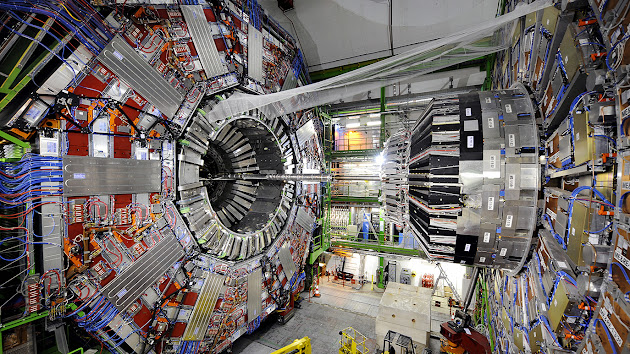I recently discussed a topic in my Philosophy Cafe that you folks would probably get something out of. It was a set of thoughts and musings about Honest Discourse, fake news, propaganda, and democracy. Here you folks go -- my Phil Cafe discussion seed:
Musings on Fake News
and honesty in a democracy
One of the better approaches I have seen to the morality of
honesty, is a Libertarian argument. It
goes:
·
we require knowledge to make effective
decisions.
·
and every lie told, degrades the quality of
information available to us
·
therefore lying is a form of theft from
everyone, and causes everyone else’s situation to worsen.
There is a similar form of argument relative to the policy
choices of a democracy, and fake news:
·
democracies must make choices about policy
direction
·
those choices
will be effective only if there is a reasonably working Free Market of
Ideas, plus valid data to evaluate and inform those Ideas
·
Fake news – propaganda – sabotages that free
market of ideas, and poisons the data supply
·
Propagandists are therefore anti-democracy, by
weakening effectiveness, also anti-the welfare of the nation they operate
within (anti-patriots).
*What do you folks
think of these two arguments, and how important/relevant do you consider them
to our current political discourse?
However, “rhetoric” (the art of persuasion, whether
dishonest or not) was a skill taught in the ancient democracies, and there was
nothing like a free press to provide them real rather than fake news. So our ancient democracies were formed in an
environment with dishonesty, and likely fake news as features. Also, the idea of dishonesty in political
speech, and the spreading of fake news, was considered a major public good by
one of our major political theorists, Machiavelli. And our current democracy has had political
calumny, and propagandizing newspapers, plus a yellow press, as central
features of its politics from the beginning.
*So – is democracy
robust enough to survive fake news, and intrinsic dishonesty by politicians and
their supporters? Does history show it
is? Or, because ancient democracies
fell, and modern ones appear to be easily subverted, does it show they are
instead fragile/unstable?
I tend to trace the current situation to the Soviet Union,
whose Communist party adopted the principle that “everything is politics”. IE, power is the end all and be all of any
moral thinking, and if one is in the right (Communism was a moral movement, to
break the eternal monopoly of power of the robber baron oligarchs), then one
SHOULD do everything possible to get and keep power, to prevent the evil
“others” from displacing one’s morally just movement from implementing good
policies. In the area of honesty and
news, this leads to what I call “Pravda truth” after the Soviet party
newspaper, Pravda. It very absurdly
could change policy daily about what was “true” in a given subject, based on
the party-identified political advantages of the day.
Politicians have long recognized that the unrestricted
pursuit of “Pravda Truth” in politics can lead to national catastrophe. This lead to a guideline in US politics
“politics ends at the nation’s borders” or “at the edge of the sea”. The idea was that political lies to gain
power that don’t affect foreign relations are OK, but that once one gets
involved with other countries, the harm to the nation from “Pravda Truth” is
severe enough that politicians should forego any short term advantage Pravda
Truth offers. I consider the
unrestricted application of Pravda Truth to our politics to have been initiated
by Newt Gingrich, and subsequently to
have been adopted by much of the Republican party. Its spread, primarily to Republicans since
then, but increasingly across the entire political spectrum, strikes me as a
new event – WORSE than what the US politics looked like relative to truth in
the past.
*Is my tracing of
this extreme approach to truth to the Soviets appropriate?
*Do you folks agree
that Newt Gingrich was a key negative actor, and that the spread across the Rep
party today, and beyond in the future, is a reasonable description of what is
happening?
*Is the current US
truth environment really a major change of mode?
*If it is new, is the
history I noted no longer relevant?
One further point --
Fake News/propaganda for it to serve a political movement, faces a major
challenge. A political movement benefits form its own Free Market of ideas,
where it can find better policies, tactics, and rationales. But such a dialog
cannot take place in a propaganda Fake News forum. The policy that is being
propagandized for, cannot be debated or tweaked in a propaganda forum. It seem
to me that such movements therefore must either operate secret discussion fora,
which creates an extreme risk of leaks that could sabotage the propaganda, or
must do without any self-examination and revision whatsoever.
* Is the
problem of difficulty of tuning/revision of a political message actually a
problem for Fake News movements?
*Can two levels of fora work?
*What happens to propaganda movements that
cannot operate two levels of discussion outlets, the public and the secret?







